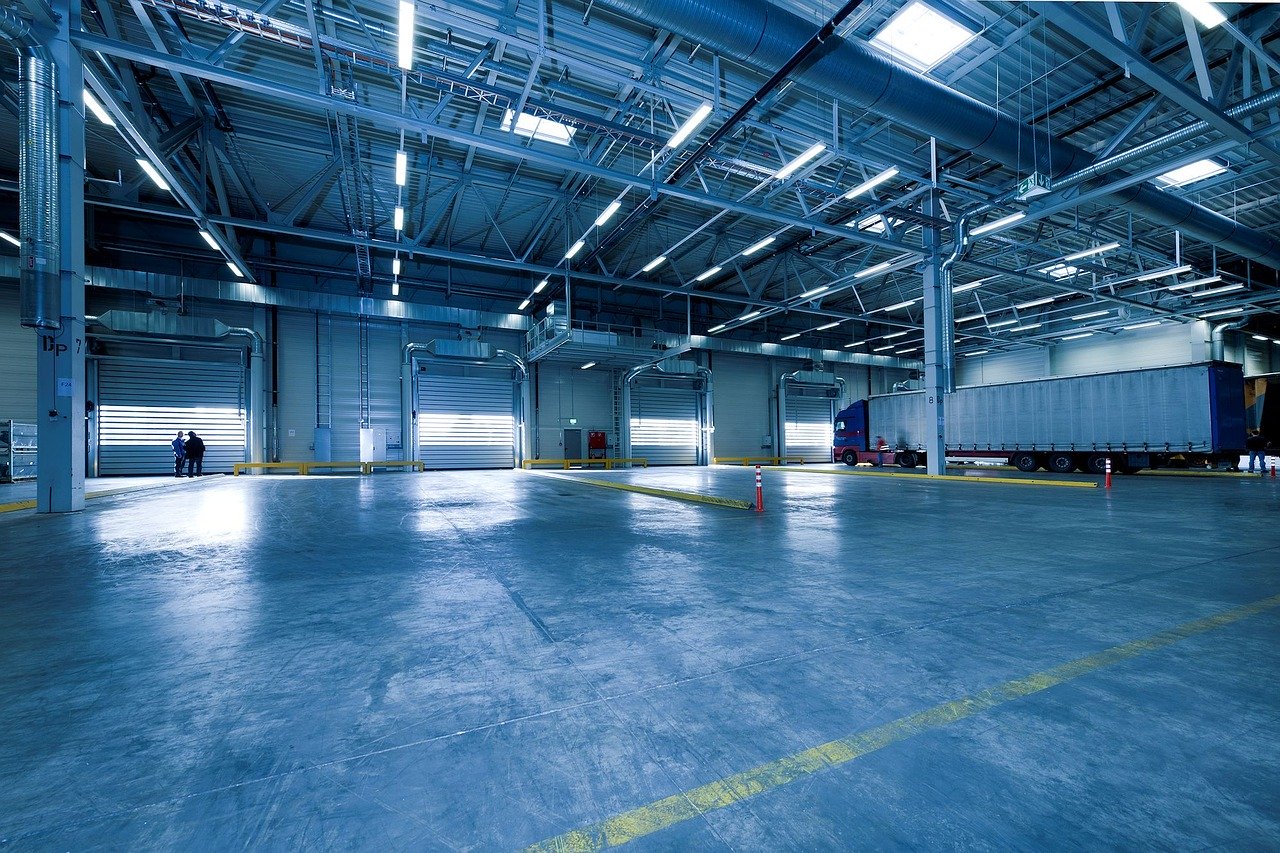Tent halls – application in industry. Tent halls produced today are structures that can be used seasonally or throughout the year. Available in various forms and sizes, they provide investors with unlimited possibilities of use under the workspace. You can freely adjust their shape and size to your needs. A specially designed structure allows them to be expanded with additional modules and thus develop additional space. What are the types of tent halls and where are they used?
Tent halls as additional storage space
Tent halls are a solution that does not require large expenditures compared to brick halls and does not require special construction permits. They can stand for 180 days. Thanks to this, they can be quickly erected on the available, flat surface. Brick farm buildings are a huge investment, and their construction takes a lot of time, appreciated by entrepreneurs. That is why tent halls prepared for a warehouse are an excellent and cheaper alternative. The construction process is fast, and if necessary, the structure can be easily dismantled and moved to another location. A tent hall has many more advantages than just low construction costs.
- https://www.infertility.org.pl/krematorium-dla-zwierzat-sposob-na-godny-pochowek/
- https://www.viva-maria.pl/pompy-ciepla-krakow/
- https://4kroki.edu.pl/jak-poprawic-pozycjonowanie-w-google/
The material from which the coating is made provides protection against weather conditions. It is flexible and resistant to loads, e.g. during strong gusts of wind. Some models have built-in “windows” made of transparent material in the roof, thanks to which the light shines through. For this reason, the hall used during the day as a warehouse or other room does not require additional lighting. This reduces operating costs. The sheathing material has an adequate capacity, thanks to which there is no condensation inside the hall. Such facilities can be heated in winter with a separate heating system. In contrast, models intended for use mainly in low temperatures have built-in heating systems.
General purpose tent halls
There are universal models of tent halls that can be used as stands at bazaars, fairs, facilities for events, parties, etc. Depending on the required space, they can be easily expanded and quickly dismantled. This makes them applicable as mobile objects that, when folded, can be easily transported and erected anywhere. They come in various sizes and shapes, which allows them to be built on flat ground, even irregularly shaped, and to protect the working space. Their cover is thin and at the same time extremely resistant to strong gusts of wind. Depending on the needs, windows are placed in the shell (in the roof or walls), thanks to which it is bright inside. In addition, in some tent halls, the walls can be rolled up or detached to suit their function.
Aluminum tent halls
Aluminum tent halls are lightweight and corrosion resistant. They can be easily erected and dismantled for easy transportation. This makes them often used in projects that require frequent movement. Contrary to appearances, the light weight of the frame is solid and properly anchored, it can withstand strong gusts of wind. Therefore, they can be used as industrial facilities or for special events all year round – regardless of weather conditions. These types of tent halls are used as portable commercial pavilions.
Tent halls with a steel structure
The steel structure is more durable than the aluminum one. The elements are made of high-quality steel protected against corrosion with a layer of varnish or zinc. Due to their higher weight and strength, they are often used in industry as a warehouse and even a production hall. Due to the low cost of expansion and the lack of the obligation to obtain special construction permits, this solution is used by more and more entrepreneurs in various industries. In addition, large-space tent halls are used as roofs for sports facilities, e.g. ice rinks in winter, football fields (orliki), tennis courts, etc. Thanks to this, these facilities can be used even in unfavorable weather conditions, e.g. frost, wind, rain, etc. This solution is also decided by the owners of the horse manege, because the object can be adjusted in size and form to specific needs. In the summer season, they are “venues” where wedding receptions are organized. Due to the fact that they can stand for 180 days without special building permits, they are used from spring to autumn. During periods of lower temperatures, they can be heated to provide guests with the right temperature. Tent halls intended for mass events have additional ventilation systems, thanks to which they provide optimal air flow.
Tent halls are very popular among entrepreneurs because they enable quick and easy development of additional work space. They can be used as storage facilities all year round or temporarily to organize mass events with low financial outlays.





